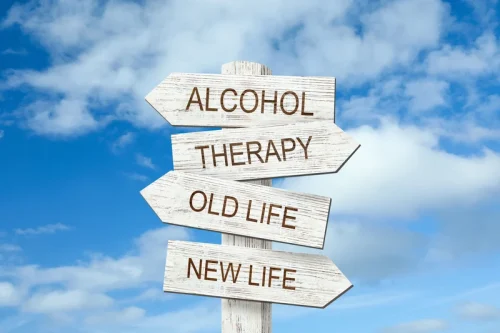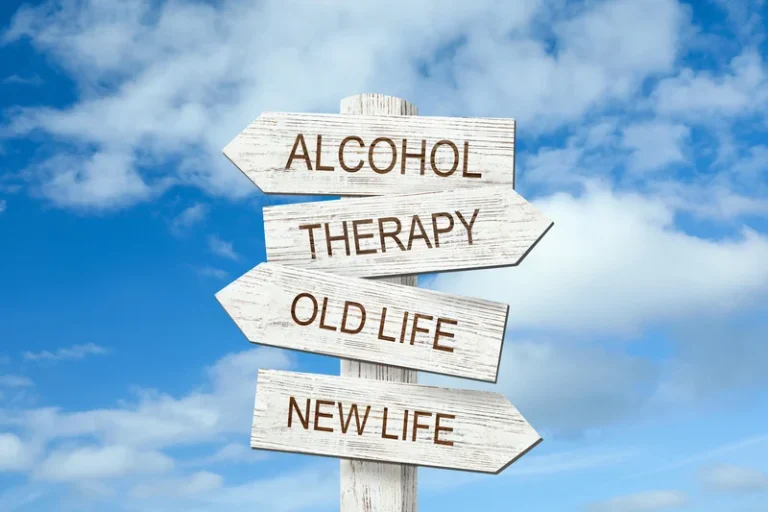11
2022What Does Alcohol Do to Your Body?

Wine is an alcoholic beverage made from fermented grape juice. Most of the calories in wine come from alcohol and various amounts of carbs. It’s common to enjoy a glass of wine as you catch up with friends or unwind after a long day, but you may wonder whether drinking too much wine can cause you to gain weight.
Content disclaimer

Resveratrol is linked to decreased rates of heart disease, contains anti-aging properties, and may even help you lose weight. Some research even suggests that a moderate amount of wine can help reduce your body weight. Again, you can drink and still lose weight—just keep it within moderate levels and you should be fine.
How long does alcohol stop fat burning?
How much weight wine can make you gain depends on your level of wine consumption and any extra calories consumed while drinking. Some low-quality winemakers add sugar to their end product before bottling to adjust the taste. If you’re trying to cut back on calories, consider switching to light beer, which has roughly 100 calories and 6 grams of carbs per can (via MyFoodData). Low-alcohol and non-alcoholic beers are low in calories, too. Either kind of brew is a better choice than regular beer, cocktails, or hard liquors. As a rule of thumb, try not to exceed 12 ounces of beer per day if you’re a woman or 24 ounces per day if you’re a man (via the Centers for Disease Control and Prevention).

Alcohol Intake and Obesity: Potential Mechanisms
- The more you drink, the more weight you might gain thanks to excess calories alone.
- Drinking too much alcohol can also negatively impact your sleeping patterns.
- But even low amounts of daily drinking and prolonged and heavy use of alcohol can lead to significant problems for your digestive system.
- In fact, you’re feeling so good that you’re congratulating yourself with a glass (or two) of wine in the evenings.
- Finally, thanks to the whiskey’s high levels of ellagic acid, an antioxidant that neutralizes dangerous, free-radical molecules, it can help you avoid cancer (via Medical Daily).
- It may slow down the digestion process and cause temporary gastrointestinal disturbances such as gas or constipation.
As mentioned, whiskey can come in various forms, like bourbon whiskey, Scotch whisky, Irish whiskey and whiskey-based liqueurs. Bloating can result from the inflammation alcohol causes in the stomach and may last a few days, or longer depending on your body and the amount of alcohol consumed. Avoid high-calorie mixers; opt for seltzer or lime to add flavor without the extra sugars. While water retention, bloating, and digestive issues are the primary culprits of (seemingly) overnight weight gain, there are other factors that exacerbate those hangover pounds. When that happens, your body may try to hold on to as much water as possible. This causes water retention and bloating, which can result in a temporary increase in weight when you step on the scale the following day.
- As Mike Roussell, Ph.D., told Shape magazine, cocktail mixers can have more than double the number of calories than the actual alcohol.
- Understanding the physiological and psychological effects of alcohol consumption can help you make an informed choice about whether to raise a glass or take a pass on that next round.
- Some of these confounding factors are further discussed below.

Regular alcohol consumption can lead to health conditions that cause weight gain, among other issues. Women who participated in?binge drinking?were not only more likely to have obesity but were also more likely to be attempting weight loss. If you’re working on losing weight, then you know it can involve a lot of ups and downs (literally). You’ve likely considered what you’re eating, what you’re not eating and of course, how much you’re moving.
- But if you drink heavily like that every night or even multiple times per night, you may find that weight gain sticks around, even when you’re not drinking or recovering from drinking.
- Whiskies typically have an ABV around 40 to 60 percent, although the strongest whiskey has a 92 percent ABV.
- Studies show that those who drink diet soda regularly experience a greater increase in waist size4 compared to those who don’t drink it.
- You can substitute with hydrating options like water, herbal teas, natural beverages, or even weight loss drinks that can be mutually beneficial to your health and waistline.
- You’ve been eating healthier and exercising, so what could it be?
What is the best way to replenish energy reserves in the body? This is why you enthusiastically shove cold slices of pizza in your face the day after drinking. So to recap where we are currently, you’ve just consumed anywhere from 1,000-2,000 calories at the pub, and now you’re inhaling another 1,500-2,000 calories of high fat, high sodium food. If you fancy a good beer or glass of wine, chances are you’re ingesting more liquid calories than you realize.
RELATED: ‘I Ate Carbs For Breakfast Every Day For A Week—Here’s What Happened’
But zooming out to year four, there was a small association between weight gain and any drinking in this group. However, there was no observed difference in weight based on alcohol consumption in the control group that received minimal weight loss and diet advice. Well, the good news is you can still lose bodyweight from consuming alcoholic drinks if you’re doing it right. However, there does drinking make you gain weight is a thin line that is easy to cross if you aren’t keeping your drinking and choices under control.
Ways That Beer May Cause Fat Gain
The calories from alcohol won’t make you feel full leading you to eat more and more. So alcohol will change your body shape with increased body fat, weight gain, and abdominal fat. But keep in mind this is exponentially increased if you’re a heavy drinker, eat bad fattening foods, and aren’t exercising. If you’re doing everything else right in your diet and exercise program, then having an alcoholic beverage or two shouldn’t contribute much to weight gain.
It makes it difficult to choose healthy options
Drinking wine in moderation is the key if you want to enjoy an occasional glass of wine and stick with a diet. The type of wine matters less once you get into heavy drinking, not to mention the harmful effects of alcohol if you regularly overdo it. The Centers for Disease Control and Prevention (CDC) set that standard serving size. If you’re drinking wine with a high alcohol by volume (ABV), a smaller serving size will reduce your alcohol intake. The nutritional value of a glass of wine can vary quite a bit by varietal, style, and even by the winemaker. Generally, red wines offer more health benefits, while dry sparkling and white wines are the lowest in calories.
